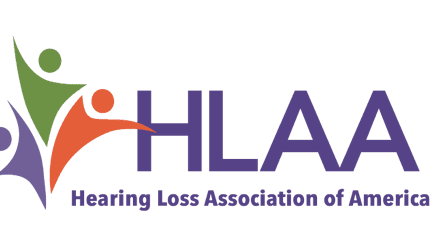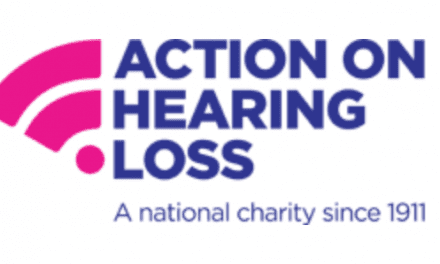Washington — The US Senate passed the 21st Century Communications and Video Accessibility Act (S3304) by unanimous consent, virtually assuring that the disability rights act guaranteeing access by deaf, hard-of-hearing, blind and vision-impaired consumers to all forms of media will become law.
Passage was expected after the US House of Representatives overwhelmingly approved its version of the same bill, H.R. 3101, last week, and now all that is required is reconciliation of the two bills, a final vote in the House and President Obama’s signature
In what House sponsor Rep Edward Markey has called “online ramps to the Internet” for people with disabilities, the new law will, among many other things:
- Require captioned television programs to be captioned when delivered over the Internet.
- Authorize the FCC to require 7 hours per week of TV video description for vision-impaired people on the top 4 network channels and top 5 cable channels nationwide.
- Allocate up to $10 million per year for communications equipment used by individuals who are deaf-blind.
- Require devices of any size to be capable of displaying closed captioning, delivering available video description, and making emergency information accessible.
- Require accessible user controls for televisions and set-top boxes, and easy access to closed captioning and video description.
The new law is a huge step forward for people with disabilities in an age when equal access to Internet services is an absolute must for anyone to successfully earn a living and enjoy the quality of life that other accommodations have enabled ever since passage of the Americans With Disabilities Act (ADA) 20 years ago.
SOURCE: Coalition of Organizations for Accessible Technology




